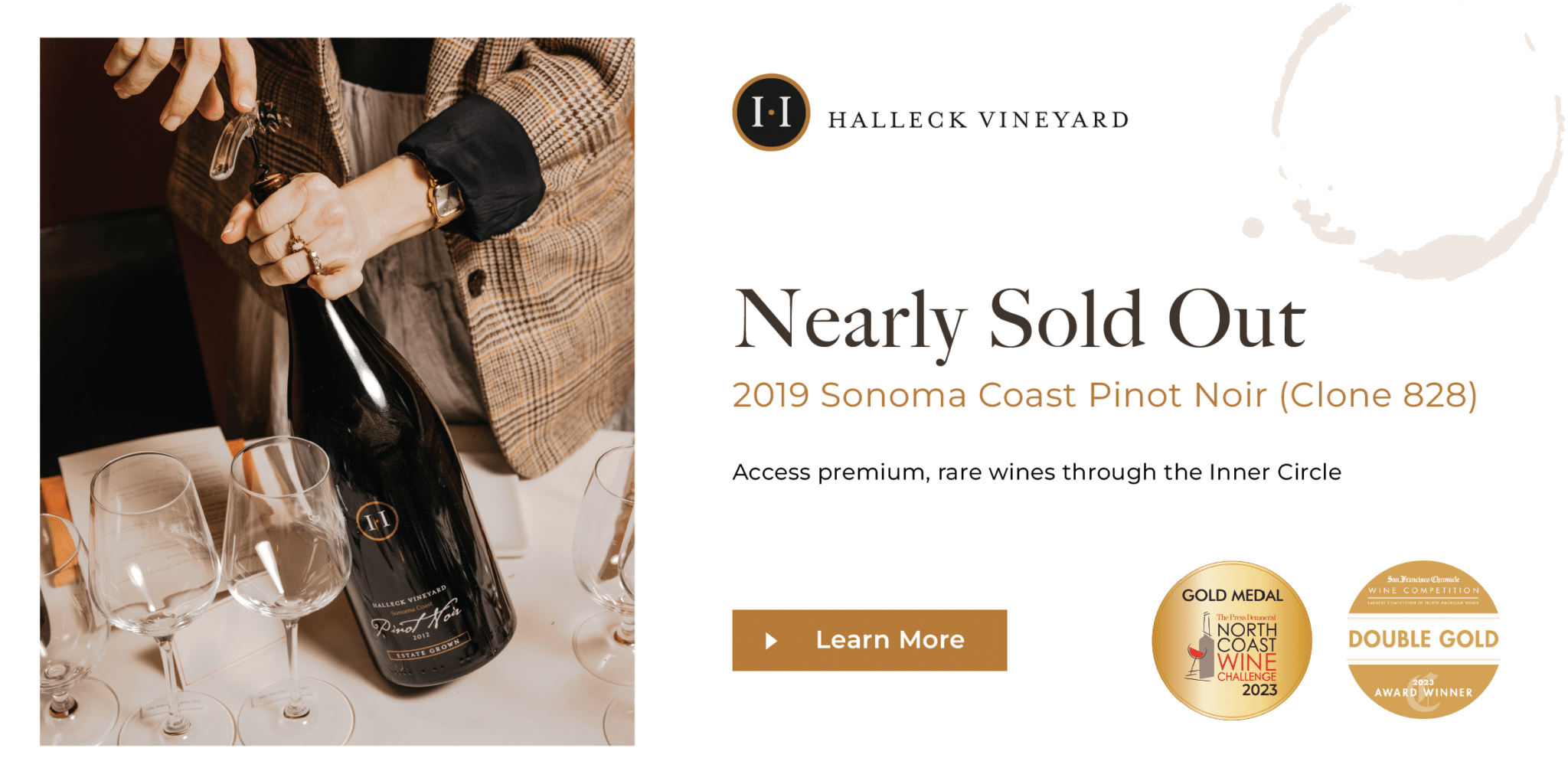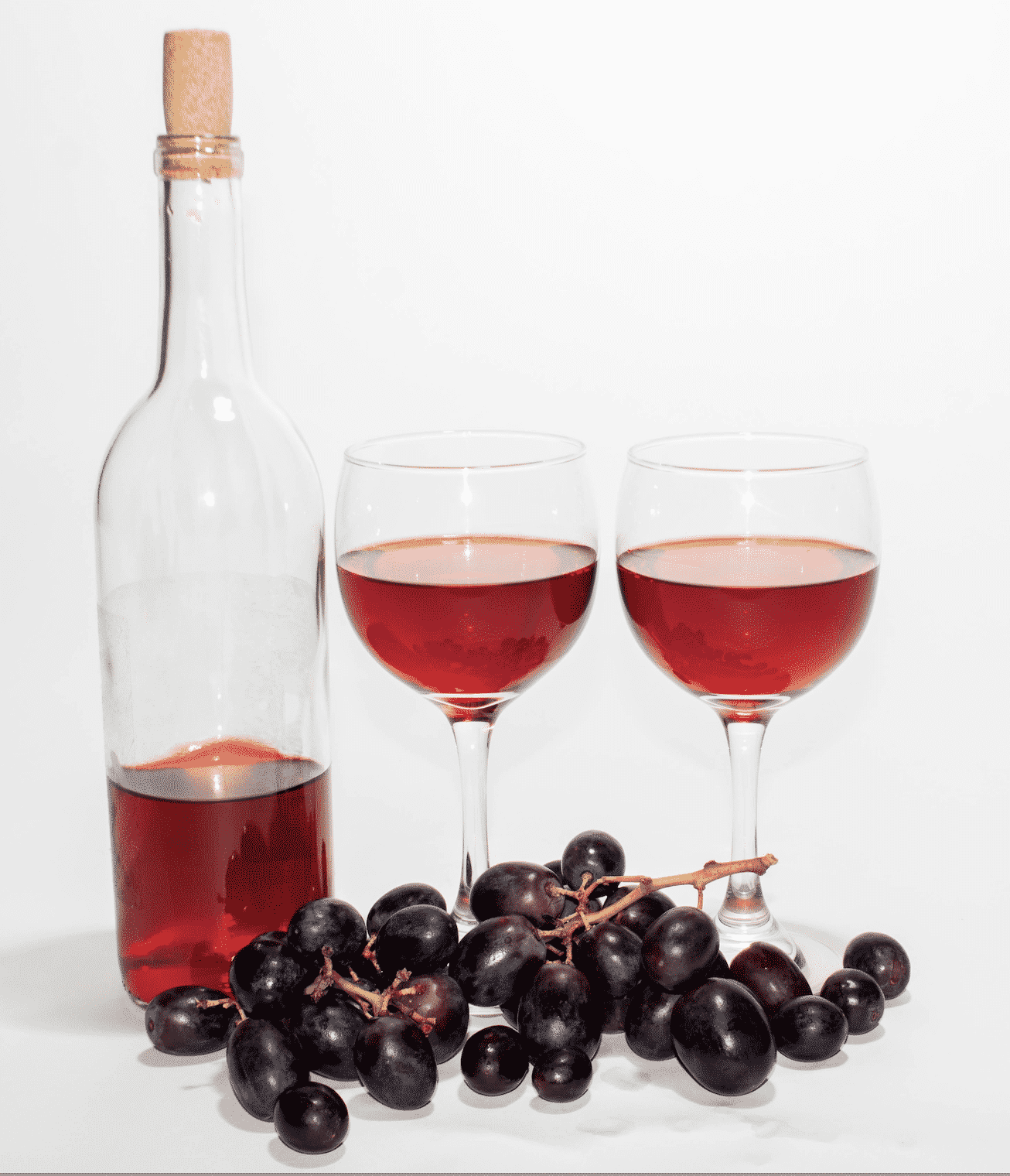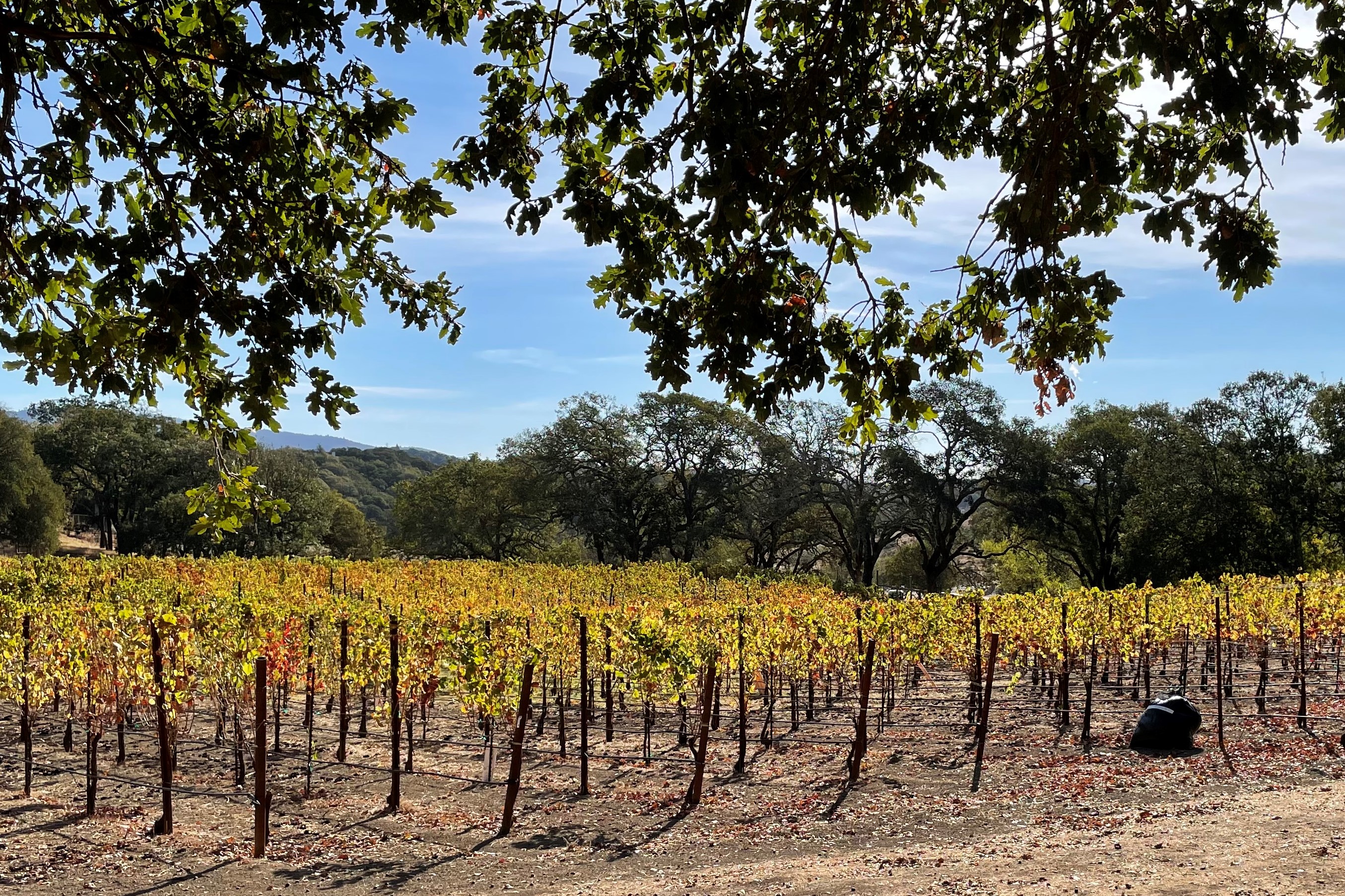Wineries Known For Their Hospitality - Discovering Sebastopol's Wineries
Wine tasting is usually thought to be an art type, one which goes beyond merely enjoying a beverage. It embraces a posh interplay of flavors, aromas, and textures that requires devoted practice to really grasp. Many who venture into the world of wine tasting rapidly realize that it entails much more than simply sipping wine. Improving sensory skills via dedicated winery wine tasting can elevate the experience, reworking an informal ingesting occasion into a sophisticated exploration of the senses.
At a fundamental level, wine tasting engages the senses of sight, odor, taste, touch, and even sound. Every component performs a vital position in appreciating the nuances of a wine. When one first pours a glass of wine, the wealthy hues can provide initial insights into its age and varietal. Observing the colour and readability helps type expectations in regards to the wine's flavor profile. Many don’t fully respect how this visible assessment can set the stage for what is to observe.
The next step is to interact the sense of scent. Swirling the glass aerates the wine, allowing its risky compounds to flee and fill the air with its bouquet. The nostril entails some fascinating layers—different aromas can sign numerous elements of the winemaking process, including the sort of grapes used, fermentation methods, and growing older circumstances. Growing a keen sense of smell is usually a game-changer in wine tasting.
Wineries Known For Sustainable Practices In Sonoma - Best Vineyard Visits In Sonoma
To improve this sensory skill, wine enthusiasts are often inspired to participate in dedicated tastings at wineries. These tastings enable individuals to focus solely on the sensory experience (Family Friendly Wineries With Outdoor Spaces). Tasting sessions led by educated sommeliers or winemakers can offer insights into figuring out distinct aromas. Learning to distinguish between floral, fruity, earthy, and spicy notes can empower a taster to articulate their experience with greater precision.
As one practices their sensory skills, they may uncover that their taste preferences evolve. This transformation usually occurs after a quantity of tastings. A wine that initially seemed overwhelming would possibly reveal hidden layers of complexity with a bit of experience. Understanding the means to isolate individual flavors similar to acidity, sweetness, bitterness, and umami contributes substantially to the general wine experience.
One Other essential component in improving sensory skills is the context by which wine is tasted. Environmental components like temperature, lighting, and even the company current can affect perceptions. At a winery, an optimal setting can cut back distractions and allow a more profound exploration of the wine (Quaint Wineries In Picturesque Settings In Sebastopol). Practicing aware tasting techniques encourages a extra immersive experience, allowing tasters to hone in on their senses.
It is not solely about individual notion, although. Partaking with others throughout a tasting can also enhance sensory skills. Sharing notes and discussing impressions fosters a deeper understanding of the wine. This collaborative method encourages participants to articulate their sensory experiences, thereby broadening their linguistic repertoire related to wine tasting.
Innovative Wine-Making Techniques In Sonoma Valley - Sebastopol Area Wineries Offering Wine
Additionally, pairing wine with food can significantly improve the tasting experience. Totally Different mixtures can bring out distinctive flavors in both the wine and the dish. As one tastes a wine alongside particular meals, they will begin to acknowledge how sure components within the wine complement or contrast with what they are eating. This skill of pairing is another layer that enriches sensory improvement.
Coaching one’s palate can involve quite so much of workout routines. Some enthusiasts interact in systematic tasting experiences, sampling a range of wines that showcase totally different varietals, regions, or vintages. Exploring this diversity can sharpen the flexibility to discern nuances throughout totally different wine profiles. Over time, this practice builds a mental library of flavors that can be accessed throughout future tastings.
Notably, written notes serve a dual purpose: organizing one’s ideas and reinforcing reminiscence. By writing down observations about each wine, tasters can observe their progress over time. Detailing the characteristics of wines assists in solidifying data, ultimately deepening one’s appreciation of what they consume.
Moreover, attending workshops or classes focused on sensory evaluation can also be useful. Many wineries provide these instructional applications to help people refine their skills. Often, educated instructors guide participants by way of structured tastings, focusing on particular elements of the wine. This stage of education reinforces the sensory skills asynchronously and challenges tasters to consider their experiences from different angles.
Wineries Showcasing Local Art And Crafts - Sonoma Area Winery For Tasting

Over time, the dedication to improving sensory skills via devoted winery wine tasting can yield significant rewards. The enjoyment derived from wine turns into layered and multifaceted. No longer limited to a easy choice for "pink" or "white," tasters start to appreciate the stories behind every pour. They domesticate a palette capable of navigating the complicated landscape of flavors with confidence.
In conclusion, the journey of enhancing sensory skills by way of dedicated winery wine tasting is as rewarding as it is pleasant. It requires focus, dedication, and a willingness to be taught, but the outcomes far exceed the initial effort. By engaging a number of senses and participating in thoughtful discussions, individuals not solely turn into more proficient at figuring out flavors but in addition develop a deeper appreciation for the craftsmanship behind each bottle. The process transforms wine from a mere beverage into a wealthy tapestry of sensory exploration that beckons enthusiasts to delve deeper. As skills enhance, so too does the enjoyment, enriching life experiences one sip at a time.
Small Batch Wineries In Sonoma Valley - Wineries In The Sebastopol Region
- Engaging the palate via various wine varieties enhances the flexibility to tell apart flavors and aromas, refining general sensory notion.
- Taking Part in guided tastings promotes centered attention on subtle characteristics of each wine, nurturing crucial tasting skills.
- Studying to establish particular grape varieties fosters a deeper understanding of terroir, which aids in recognizing regional flavor profiles.
- Incorporating food pairings throughout tastings can heighten sensory awareness, as different tastes can influence each other and alter perceptions.
- Training the art of swirling and nosing wines permits people to attach olfactory cues with style, enhancing the power to articulate sensory experiences.
- Attending workshops that emphasize blind tastings trains members to rely purely on their senses somewhat than preconceived notions, enhancing objectivity.
- Elevating sensory skills can result in higher wine choice talents, empowering people to make knowledgeable decisions based mostly on personal preferences.
- Participating with educated sommeliers provides insights into wine-making processes, which deepens sensory appreciation and enhances vocabulary for describing wines.
- Common participation in tastings encourages reminiscence growth of flavors and aromas, aiding in the formation of a customized sensory profile over time.
- Sharing tasting experiences with friends fosters discussion, selling communal studying that can enhance individual sensory skills through collaboration.undefinedWhat is the aim of bettering sensory skills by way of wine tasting?

Improving sensory skills through wine tasting permits individuals to boost their capacity to determine and appreciate the assorted aromas, flavors, and textures of wine. This heightened sensory awareness can result in a deeper understanding of wine and an general enriched tasting experience.
Unique Wine Blending Experiences In Sonoma - Vineyard Tasting Events In Sonoma County
How can I develop my sensory skills at a winery?
You can develop your sensory skills at a winery by collaborating in guided tasting sessions that target specific varietals. Engage with knowledgeable staff who can present insights and encourage you to take notes in your impressions, enhancing each your observational and descriptive talents.
What should I expect during a dedicated wine tasting experience?
Wineries Located Near Russian River Valley - Top Sonoma Wine Tasting Destinations
During a devoted wine you can try these out tasting experience, count on to pattern a number of wines while receiving targeted education about each one. You Will study concerning the winemaking course of, tasting techniques, and how to discern completely different sensory characteristics, all in a relaxed setting.

Is prior data of wine necessary to profit from a sensory skills workshop?
- Vintage Wine Tasting Experiences In Sebastopol
No prior data of wine is necessary; the workshops are designed for all ranges of experience. Beginners will find priceless information to construct from, while seasoned tasters can refine their skills and increase their palate even additional.
How do sensory skills impact my general wine appreciation?
Interactive Wine Tasting Experiences In Sonoma - Vineyard Experiences In Sonoma
Bettering sensory skills significantly enhances your overall wine appreciation by permitting you to determine subtleties and complexities in wines. This deeper understanding enriches your tasting experience and helps you make informed alternatives based mostly on personal preferences.
Are there specific techniques I ought to use while tasting wine to enhance my sensory skills?
Spectacular Vineyard Views In Sonoma - Discover Sebastopol's Wine Scene
Sure, using techniques such because the "SWOT" methodology (Sight, Swirl, Odor, Sip, Savor) could be useful. Pay consideration to the wine's appearance, aromatics, and mouthfeel, and take your time with each sip to fully explore the flavors and sensations.
What type of wines are typically included in sensory skills tastings?
Usually, sensory skills tastings embrace a variety of wines that showcase totally different regions, varietals, and styles. This range helps individuals identify distinct traits and enhances their capability to differentiate between wines.
Can sensory skills workshops be personalized to my tasting interests?
Wineries With Beautiful Architecture - Sonoma’s Lush Vineyard Landscapes
Many wineries provide personalized choices for sensory skills workshops, permitting you to concentrate on particular kinds of wines or themes that curiosity you, similar to organic wines or distinctive regional choices. It's see this site greatest to inquire immediately with the winery for tailored experiences.
Is there a way to practice sensory skills after leaving the winery?
Yes, you possibly can practice your sensory skills at home by tasting different wines and keeping a tasting journal. Experimenting with various food pairings and aromatics can additional improve your understanding of how flavors work together, reinforcing the talents gained at the winery.